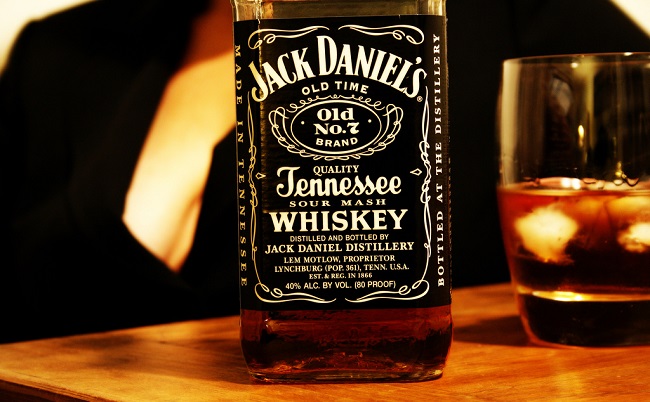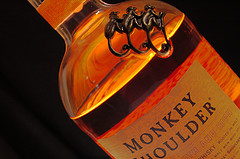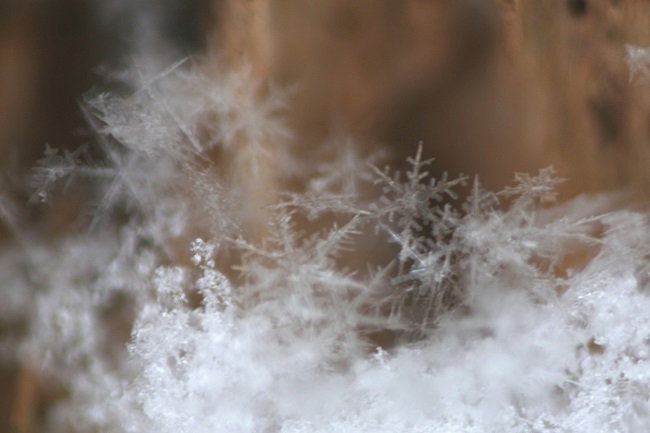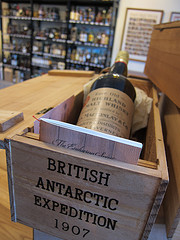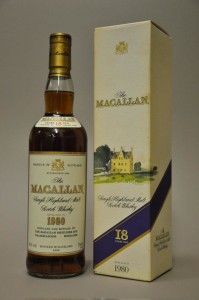 Not really and definitely not in the same way as it does for wine.
Not really and definitely not in the same way as it does for wine.
When it comes to wine, the year to year seasonal variability in the grape crop can have a big impact on the final product. Different wine producing regions experience different weather, from year to year, so sometimes you get more rain, sometimes you get colder or warmer temperatures, and that all impacts how the grapes grow.
Just check out this list of Bordeaux vintages, going back to 1959, and how the different each year can be. Bordeaux is any wine produced in the Bordeaux region of France, though nearly 90% of it is red wine.
2005 Bordeaux is considered a “stunning vintage from top to bottom in all appellations and in all price ranges. If you have the money, this is one of the best Bordeaux vintages to lay down in your cellar. These stunning wines will only get better and more expensive. Hold 100 Pts.” (of their rankings, only two years were ranked 100 – 2005 and 2000)
Just two years later, 2007 was categorized as “Overpriced, early drinking vintage. Drink or hold 87 Pts.”
With wine, it is intuitive that the weather plays a huge role in how good the grapes are. The grapes are mashed and fermented. The end product can be immediately bottled or aged in barrels for a few years and then bottled. Generally speaking, from grape to your mouth, it’s usually only a couple years at the most.
With scotch and barley, I’d argue that year to year crop yields doesn’t matter.
I believe it doesn’t matter to the end product because:
- Barley is pretty much barley, weather can impact the overall yield but I think variations don’t impact the flavor of the end product because…
- .. the malting process. Malting involves tricks the grains into germinating through a water soak, then halted by drying with hot air. This process helps convert the grain’s starches into sugars, which are fermented. In grapes, the sugars come from the growing process; in barley, it’s created during the malting process.
- Whisky is distilled, so now we’re talking ABVs in the low 60%s (usually 62.5%) before aging for many years (3+).
- Lastly, unless it’s single barrel, they will blend different barrels to achieve the characteristics they want.
So… the distillation date and the bottling date are fun to know, but they really have little impact on the end product.
That said, there are two caveats:
- If the characteristics of the distillery have changed, the bottling year will give you an idea of what they were going for in that time period. Tastes change, production techniques change, so there value in knowing the date if it’s many years in the past. But it’s not for the same reasons as wine.
- Single barrels and batches can vary from one another in a single year. It won’t be a huge difference (I’d argue you couldn’t tell if you had them independently on different days), but there are subtle differences if you try them side by side.
That said, I’d love to get my hands on a bottle with my birth year. 🙂
Do you think bottling or distillation year matters?

